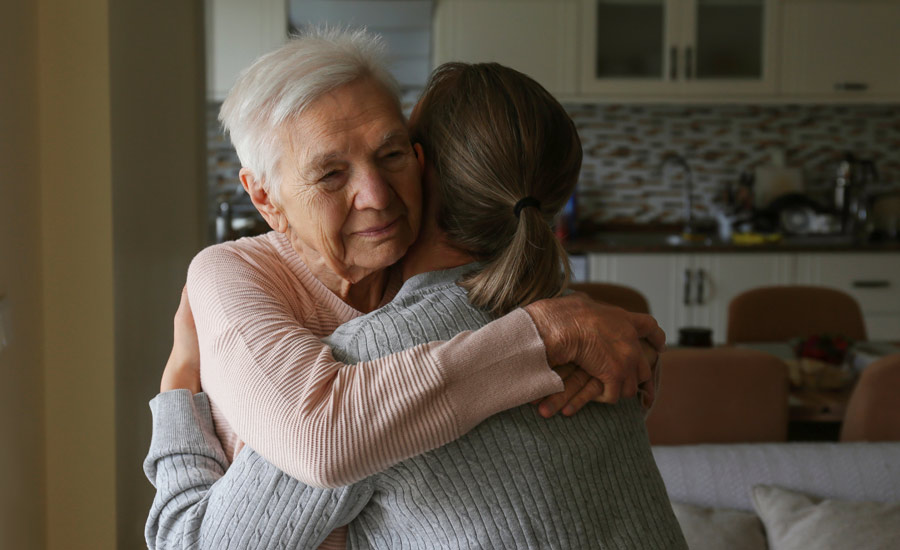How to Cope with the Guilt of Moving Your Loved One to a Care Home

Guilt is a common emotional response after moving a loved one into a care home because even though the decision to do so was right, it can leave you feeling uneasy.
This article will help you manage that guilt with practical steps you can take as you adjust to the change.
What are the Strategies to Deal with Guilt after Moving Someone to a Care Home?
To manage guilt after moving a loved one to a care home, acknowledge the feeling, stay involved and talk to someone you trust. Remind yourself why the decision was necessary, reframe unhelpful thoughts and give yourself time to adjust. Guilt is common, but it certainly doesn’t mean you made the wrong choice.
In More Detail:
Acknowledge the Guilt
If you’re feeling misplaced guilt, you might try to ignore it, but that rarely makes it go away. In fact, it tends to show up in other forms, such as tension, doubt and frustration. However, being honest with yourself about how you’re feeling is a necessary starting point, which means quietly admitting that this decision was actually much harder than you expected.
Review the Reasons
It’s easy to forget how far things had gone by the time you spoke to your loved one about moving into a care home. When guilt feelings arise, remember the reality of the situation. Were they safe? Were their needs being met? Were you coping? These are the kinds of questions that cut through the many ‘what ifs’, helping you get back to why taking this step was essential and the best choice for everyone involved.
Stay Involved
Although you may no longer be handling day-to-day care, your role still matters. Make sure to have regular visits, phone calls and bring small comforts from home to help your loved one adjust and keep you connected. You can even help your loved one decorate their room to ensure they feel at home in their new environment. Stay present in a way that works for both of you.
Talk to Someone
Keeping these negative feelings to yourself makes it harder to manage. While there is no perfect solution, just having a space to say what you’re thinking can lift this heavy weight from your shoulders. That might be a friend who understands, a family member or a professional who can help you make sense of the emotion underneath the guilt.
Challenge Guilty Thoughts
It’s easy to fall into the habit of telling yourself you should have done more. However, most people reach this point after having done far more than they could reasonably manage. When those thoughts come up, stop and ask yourself if it’s true or if it’s guilt talking. Often, it’s guilt and it’s not telling the full story.
Allow time to adjust
Keep in mind that it’s completely normal for things to feel unsettled at first. After moving your relative into a care home, the routine may be new, your role may feel less defined and the quiet at home might be difficult. But that doesn’t mean your decision was wrong, it’s just early days.
Where Do You Go From Here
So, as you can see, guilt is a confusing emotion and can easily take hold after a decision like this, even when you know it was the right thing to do. Please don’t believe it because it doesn’t mean you’ve let anyone down.
It takes time to adjust to the change itself and to the emotions that accompany it. Luckily, some days will feel clearer than others, providing you with respite to work through challenging emotions, which is part of the process.
What matters now is staying involved in a way that works, being honest with yourself about how you’re coping and letting things settle at their own pace.
Ready to explore...
